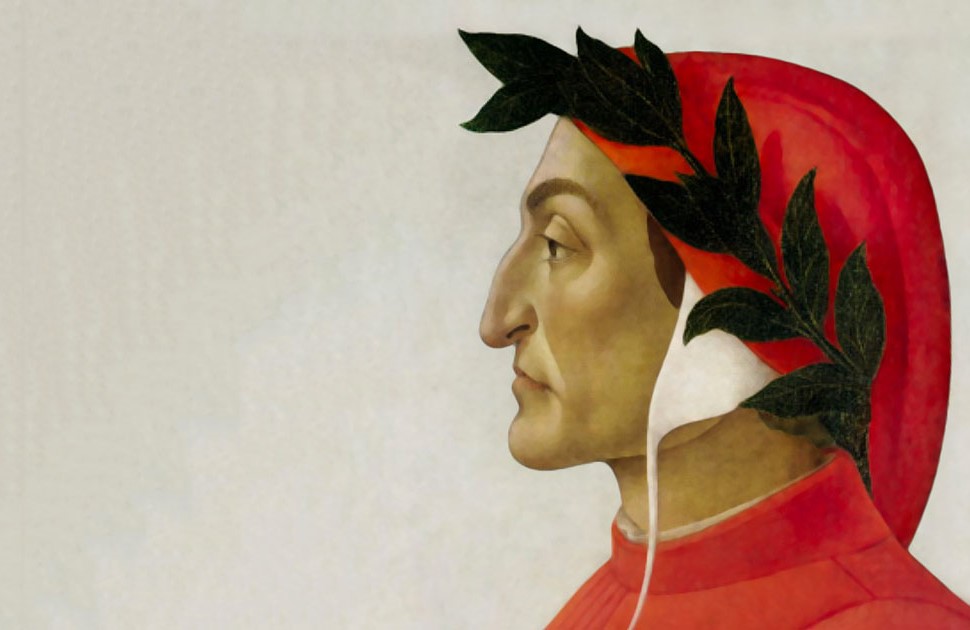Following in Dante’s footsteps
Emilia Romagna and Tuscany on the occasion of the 700th anniversary of Dante’s death

Lonely Planet has recently recognized Le vie di Dante as ‘Best in travel 2021’, under the category ‘Sustainability’. The journey in the footsteps of the Supreme Poet is considered a magnificent example of slow travel, stretching from his birthplace in Florence to his tomb in Ravenna.
This important award has anticipated a great year of celebrations to commemorate the 700th anniversary of Dante’s death, the father of the Italian language. The name Dante sounds familiar, right?
“Midway upon the journey of our life
I found myself within a forest dark,
For the straight-forward pathway had been lost”
(tr. Longfellow) Hell, Canto I
Le vie di Dante is a cultural, artistic, philosophical, and spiritual path between Emilia Romagna and Tuscany. Monuments, tradition, identity, food and wine: these are the places where Dante lived in exile. Dante’s masterpiece, The Divine Comedy was created in this dimension, full of characters, fauna, castles, landscapes, and the doubts that every man poses through a journey, relating to his own self.

If Dante can be considered a universal author, this is due to the fact that in his work he did not speak only to his own generation but to the whole of humanity, and it is for this reason that his Comedy, translated into multiple foreign languages, remains one of the most read, studied and commented poetic texts in the world.

We all know that The Divine Comedy is a poem written in Tuscan dialect that describes Dante’s journey through Hell, Purgatory, and Heaven or Paradise but here’s a few interesting anecdotes.
★ Dante’s real name was Durante, however he shortened his name by one syllable as he considered it too long and therefore not very incisive.
★ Dante had simply called his poem Comedy. Then, his great admirer Boccaccio (an Italian writer and poet) declared that the Comedy was Divine.
★ Dante was not a modest and humble person. Born under the sign of Gemini, he believed that this sign was a demonstration of the fact that he was very intelligent and particularly gifted for writing.
★ Dante died in Ravenna and was buried there after the funeral. For fear that his remains could be stolen by the Florentines, the body was hidden in a secret place, until 1810, when the friars, given the arrival of Napoleon, decided to hide the bones in the oratory of the Quadrarco of Braccioforte They remained there until 1865 when a bricklayer, during some works, found the box with the bones of the Supreme Poet.

Would you like to know more about Dante and visit the places he visited during his exile? Have a look at our tours and celebrate the Supreme Poet with us.







